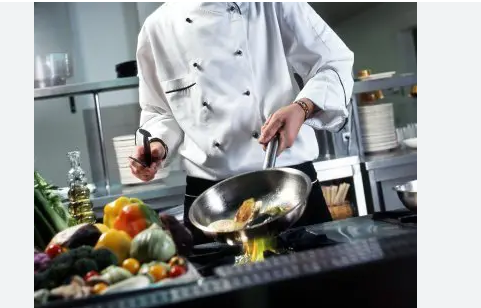In the world of competitive sports, athletes constantly search for ways to gain an edge over their competition. One factor that’s commonly overlooked is meal timing. The saying “you are what you eat” might be better expressed as “you are ‘when’ you eat,” particularly for athletes. For Dr James Morales, timing isn’t just significant in the field or on the court; it’s critical in the kitchen too.
Pre-Exercise Meal: Fueling Up
Dr James Morales Eating adequately prior to exercise is essential for athletes. Pre-exercise meals primarily provide carbohydrates, the leading energy source for high-intensity performance.
This meal is crucial as it replenishes liver glycogen, prevents hunger during exercise, and provides a carbohydrate source for muscles. The goal is to consume a meal high in carbohydrates and low in fat and fiber about 3-4 hours before exercise to allow for proper digestion and energy availability.
During Exercise: Sustaining Energy
In events lasting more than 60 minutes, athletes may need to consume carbohydrates during exercise to maintain blood glucose levels and delay fatigue. Options include sports drinks, gels, or bars, which are designed to be convenient and easy to digest.
Post-Exercise Meal: Repair and Recovery
Once exercise ends, the focus shifts to recovery, and meal timing plays a pivotal role. Eating a meal or snack containing high-quality protein and carbohydrates within 30 minutes to two hours after exercise can significantly enhance muscle recovery and glycogen storage.
This quick consumption of nutrients helps repair the muscle tissue damaged during exercise and sets the stage for stronger, faster, and larger muscle growth in the recovery phase.
Hydration: Every Minute Counts
Dr James Morales Hydration is a critical component in an athlete’s nutrition plan, and timing plays a key role, too. Athletes should start exercise well hydrated and continue to consume fluids throughout exercise to compensate for losses via sweat. After exercise, athletes should drink enough to replace any bodyweight lost during the workout.



